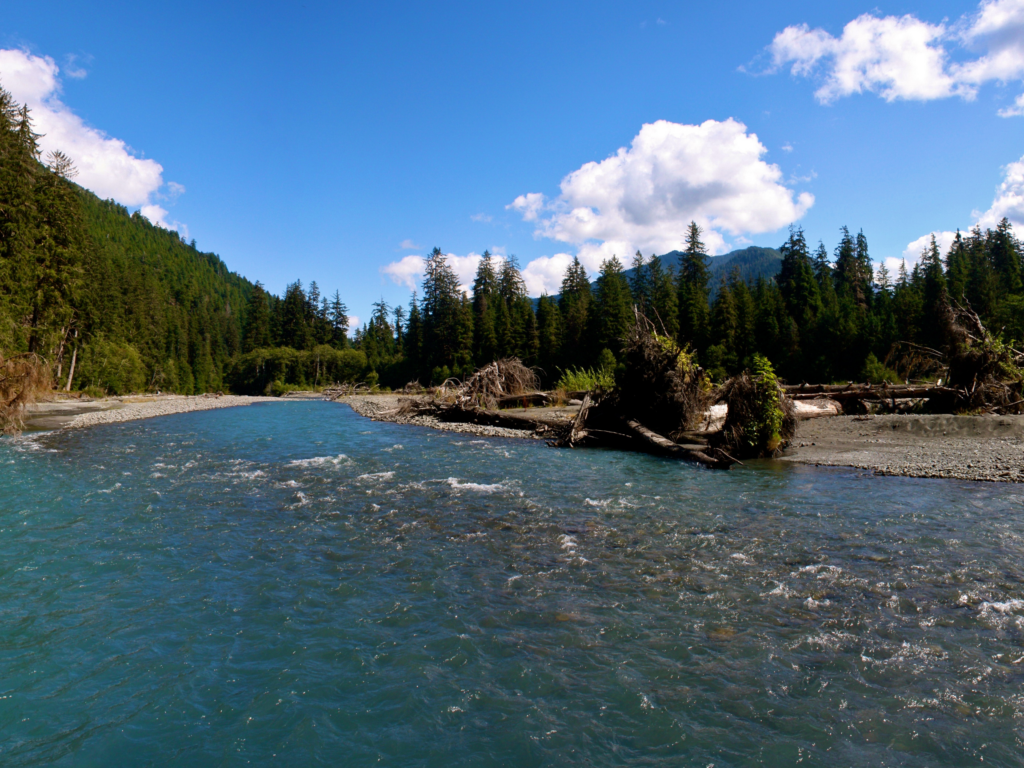Depending on where you live in the world, or where you plan to travel, you may want to invest in a heater for your campervan. A campervan heater opens up a lot of doors for you to explore new and exciting places you might not otherwise attempt. Snowbunnies, in particular, will definitely want to consider a heater.
When people think about installing a heater in their van, they often have questions about safety, efficiency, and cost. In this article, we’ll take a look at some of the safety concerns surrounding campervan heaters, as well as the cost of running a heater in your van, and some of the best heaters available on the market today.
Ready? Let’s get into it!
Table of Contents
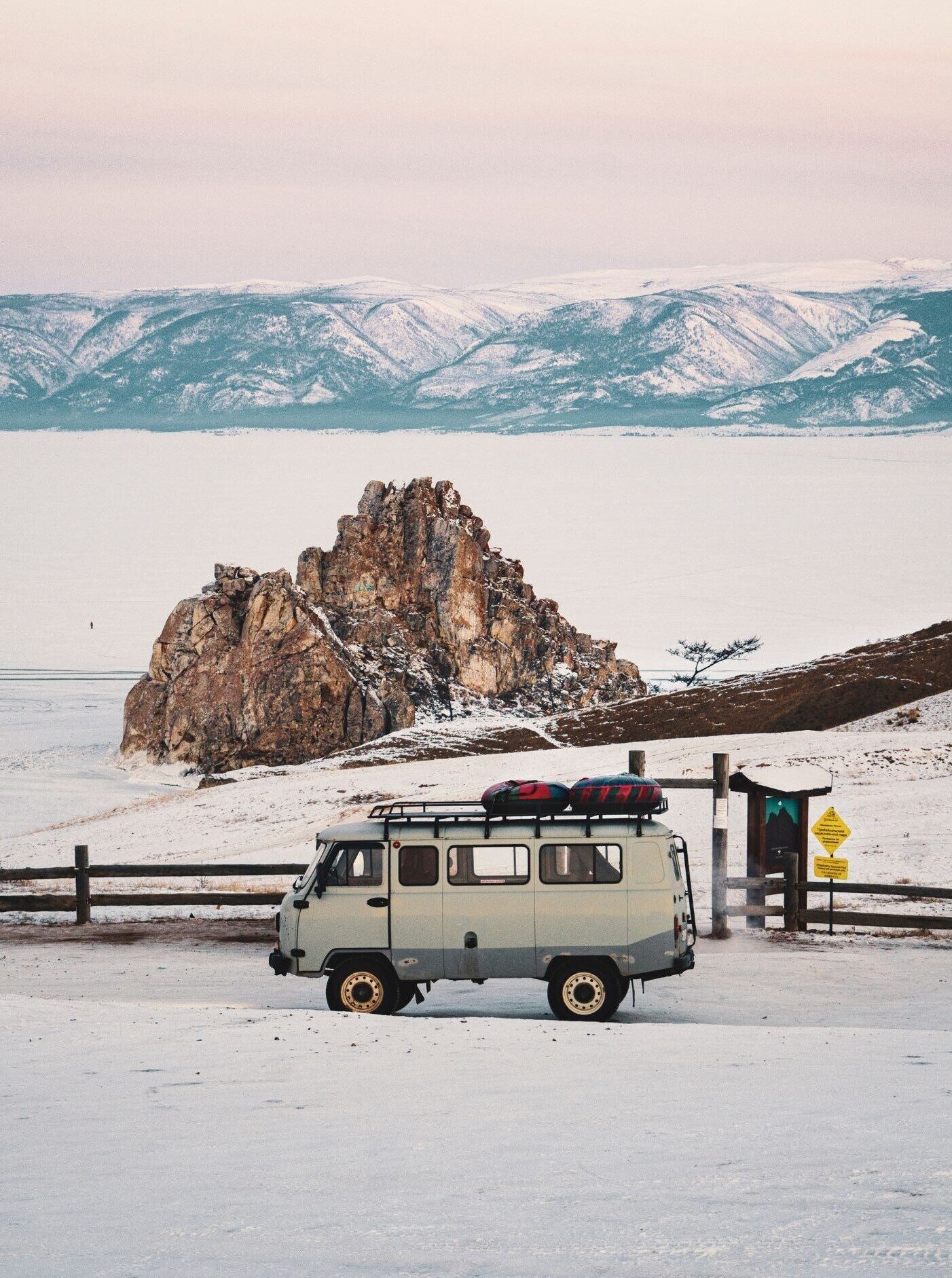
Is It Safe to Run a Campervan Heater?
Most types of heaters are safe to use in your van, as long as they are installed properly, ventilated properly, and used according to the manufacturer’s instructions. It is true that certain types of heaters come with certain risks, and depending on your situation, some types may be safer than others.
Diesel Heaters
Diesel heaters are generally considered the best and safest campervan heater option. When properly installed, diesel heaters vent all their gases to the outside and do not cause dangerous toxins to build up inside your van. They are also very unlikely to cause a fire due to diesel’s higher flash point than gasoline, making it less likely to combust in unlikely scenarios.
If you have a diesel engine, you can have the heater pull directly from your fuel tank. Otherwise, you have to add an additional fuel container to your campervan to hold the diesel for your heater.
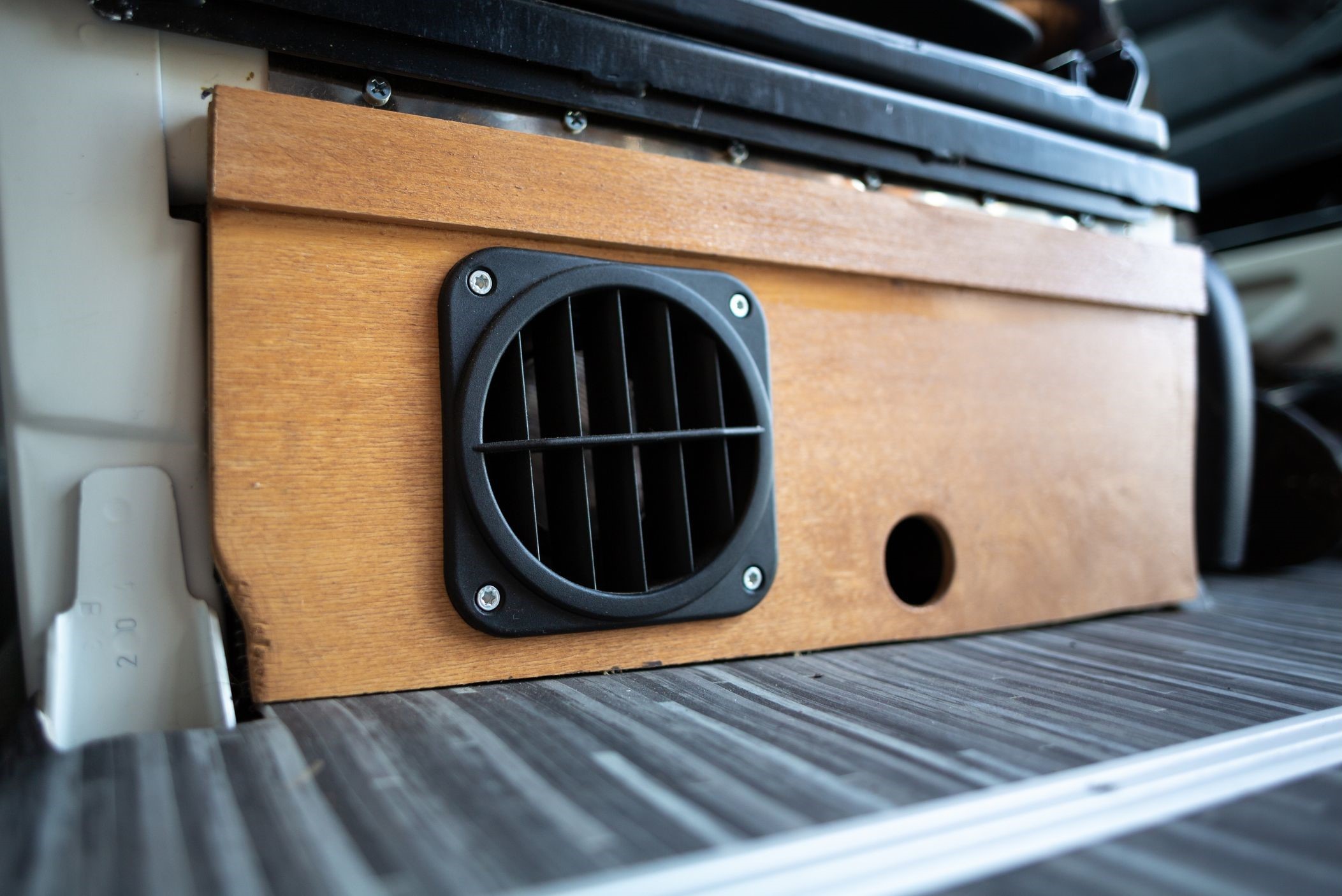
Gas Heaters
There’s not much difference between gas and diesel heaters when it comes to operation. Gas heaters also vent all their fumes to the outside and should be safe to use as long as you follow instructions.
Just like diesel heaters, if you have a campervan that runs off gasoline, you can have the heater pull directly to your fuel tank. This is probably the primary reason someone would opt for a gas heater over a diesel heater. Diesel heaters are slightly more efficient and safer than gas heaters, but if you already have a tank full of gas and don’t want to add an additional storage container for diesel, you might as well go with gas.
Propane Heaters
Propane heat can be good and bad. If the heater is installed and vented properly, it’s very efficient and safe. But if you choose to use a portable propane heater, you will struggle with extreme condensation, possible carbon-monoxide poisoning, and the risk of the portable heater getting tipped over in a small space and creating a fire.
If you already have a propane tank installed in your van for cooking and heating water, a propane heater might be the easiest solution, as you won’t need to install an additional fuel tank.
Wood-Burning Stoves
Burning wood inside your campervan comes with a much higher degree of risk than burning diesel or gas. Wood is more likely to spark and cause a fire. It is also much more difficult to vent the CO2 caused by burning wood, which can lead to dangerous levels of carbon monoxide building up in your van and, ultimately, carbon monoxide poisoning.
Although there are various tiny wood stoves now designed for campervans, RVs, and tiny homes, adding one to a campervan adds a layer of complexity you may not want to deal with. Most insurance companies won’t insure a campervan or RV with a wood-burning stove installed due to the safety risks involved.
Electric Heaters
Many people mistakenly assume that electric heaters are the best and safest type of heater to use in a van. However, electrical fires are common, and an electric heater draws a lot of power. If you spend the majority of your time off-grid and rely on solar and your house batteries for your energy, an electric heater may not be a great option for you.
There are some efficient electric heating systems on the market now, but your wallet will protest. If you have the budget for that, you’re probably not researching your own solutions for a campervan heater and just going to pay someone else to figure it out for you.
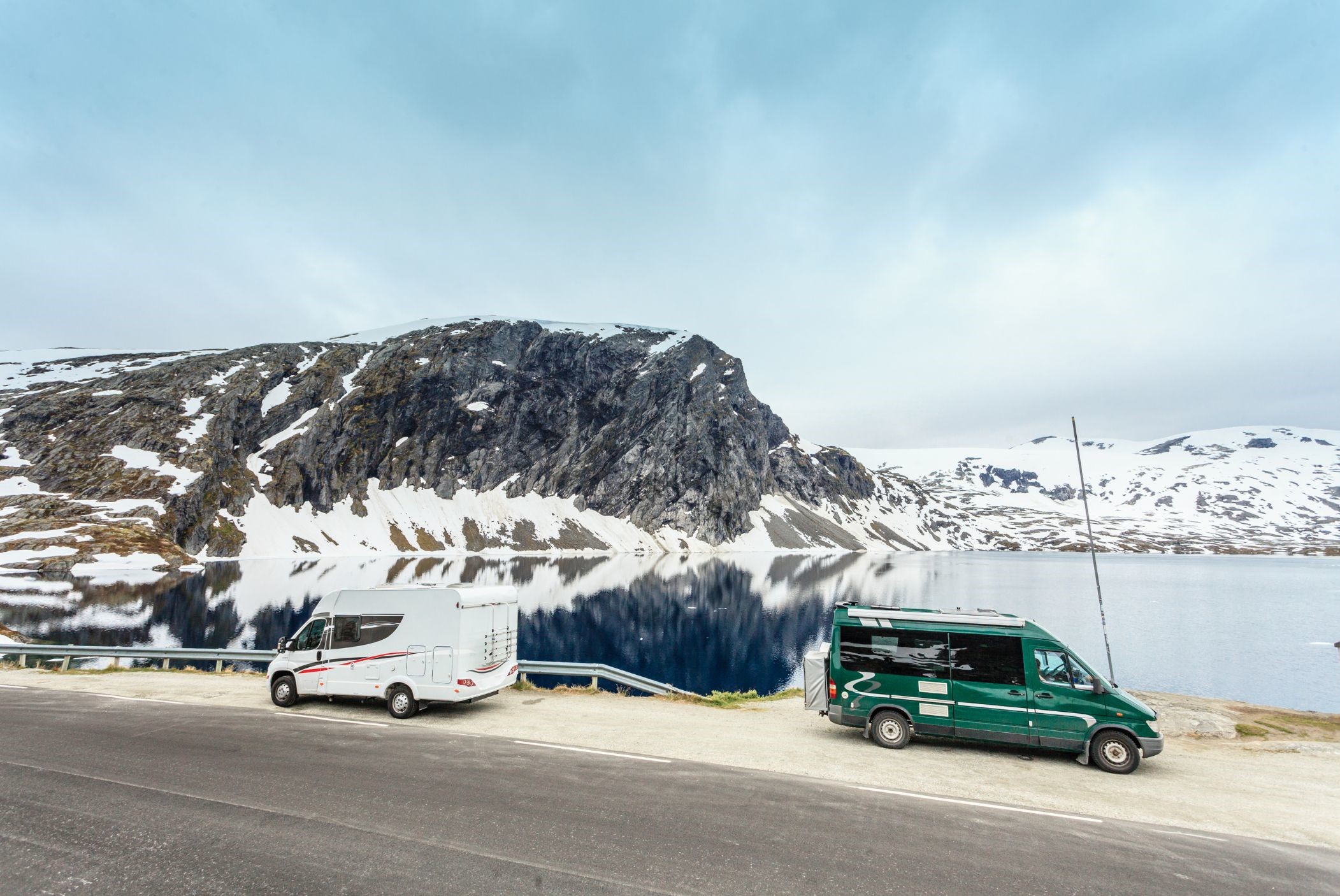
How Much Does it Cost to Run a Campervan Heater?
The upside of using electric heaters off-grid is that they are cheap to run, as long as you can keep up with the power consumption needs. Other types of heaters require fuel—diesel, gasoline, propane, or wood—and the cost of this fuel needs to be considered when installing your heater if you’ll be spending a lot of time in cold places and running the heater constantly.
- Gas heaters typically require refilling more frequently and can cost more over their lifetime than diesel heaters.
- Diesel heaters are very efficient, require less maintenance, and can save you money in the long run.
- Propane is extremely efficient, but installed heaters can require maintenance more often, and portable heaters can be outright dangerous if not used properly.
- Wood heaters have many limitations and are very dangerous if not installed properly. Due to extreme fire danger, you may not be able to use one if you end up in an area with a burn ban in place.
What Is the Best Heater for a Campervan?
Let’s take a look at some of our favorite heating options. We’ve only included diesel and gas heaters in this list because we believe the energy requirements for electric heaters make them an unrealistic option for most van lifers and campervan enthusiasts.
Webasto Airtop 2000 STC
The Webasto Airtop 2000 is a small, easy-to-install unit that can be placed under the floor or mounted somewhere in the vehicle. It is flexible and versatile, efficient, quiet, and easy to maintain. It delivers an output between 1-2kW, which translates to about 3000-7000 BTUs. It reaches temperature quickly and maintains its temperature well. Runs on diesel.
Pros
- Small
- Flexible install
- Efficient
- Easy to maintain
Cons
- On the upper end, price-wise
- Not always great at altitude
Espar Airtronic S2-D2L
The Espar Airtronic diesel heater has a similar shape and profile to the Webasto Airtop, and delivers approximately the same output, with a slightly higher upper end (2.2kW, around 7500 BTUs.) It is quiet and efficient, with up to 5000 hours of service life.
Pros
- Easy install
- Slightly higher output than competitors
- Performs well at altitude
- Slightly lower cost than other units
Cons
- Some people find the motor a little loud
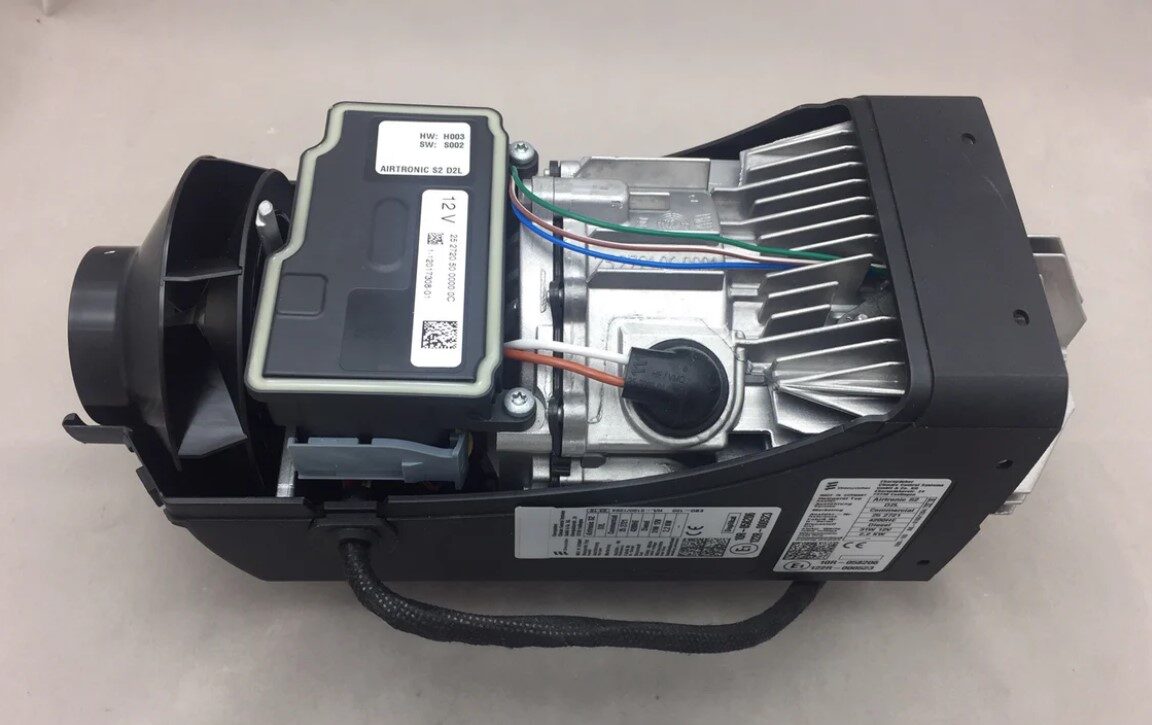
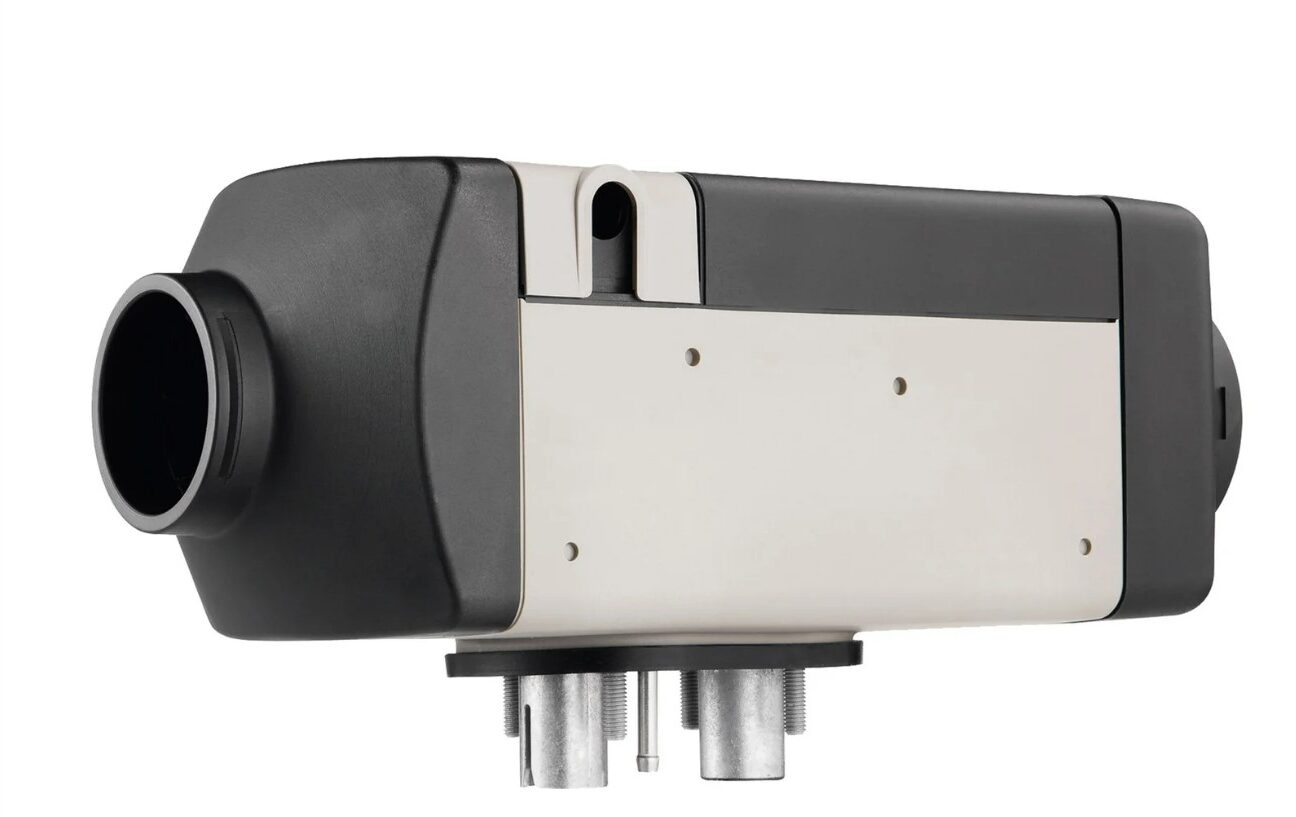
Velit Gasoline or Diesel Heater
This is a nice budget option for those who can’t spring for the Airtop or Airtronic. The Velit gasoline/diesel heater is about half the price of those units, and runs on either gasoline or diesel. It’s built to perform at high elevation, and has a max output of 14,000 BTUs.
Pros
- Budget-friendly
- High output
- Quiet and efficient
- Performs at altitude
Cons
- Finding replacement parts can be difficult
- Less reliable than other models
Chinese Diesel Heaters
Chinese Diesel Heaters (CDHs) are controversial. Many people claim they are built too cheaply, are unreliable, and do not perform at altitude. It’s also nearly impossible to find replacement parts for them. Others swear by them—in fact, many full-time van lifers have them in their vans.
Regardless of others’ reviews, they are quite a lot less expensive than other options, so if you can afford to lose a couple of hundred bucks on something that doesn’t ultimately work out, you could give one a shot. You can also replace the entire unit if it goes bad for less than the cost of a service to a higher-end heater. We’ve heard of vanlifers “keeping a spare CDH” so they can replace it quickly if their current one fails.
Pros
- Cheap
- Decent output
- Good for someone who can install/service themselves
Cons
- Unreliable
- Do not perform at altitude
- Replacement parts not available
- Not great for someone who doesn’t want to work on their own heater
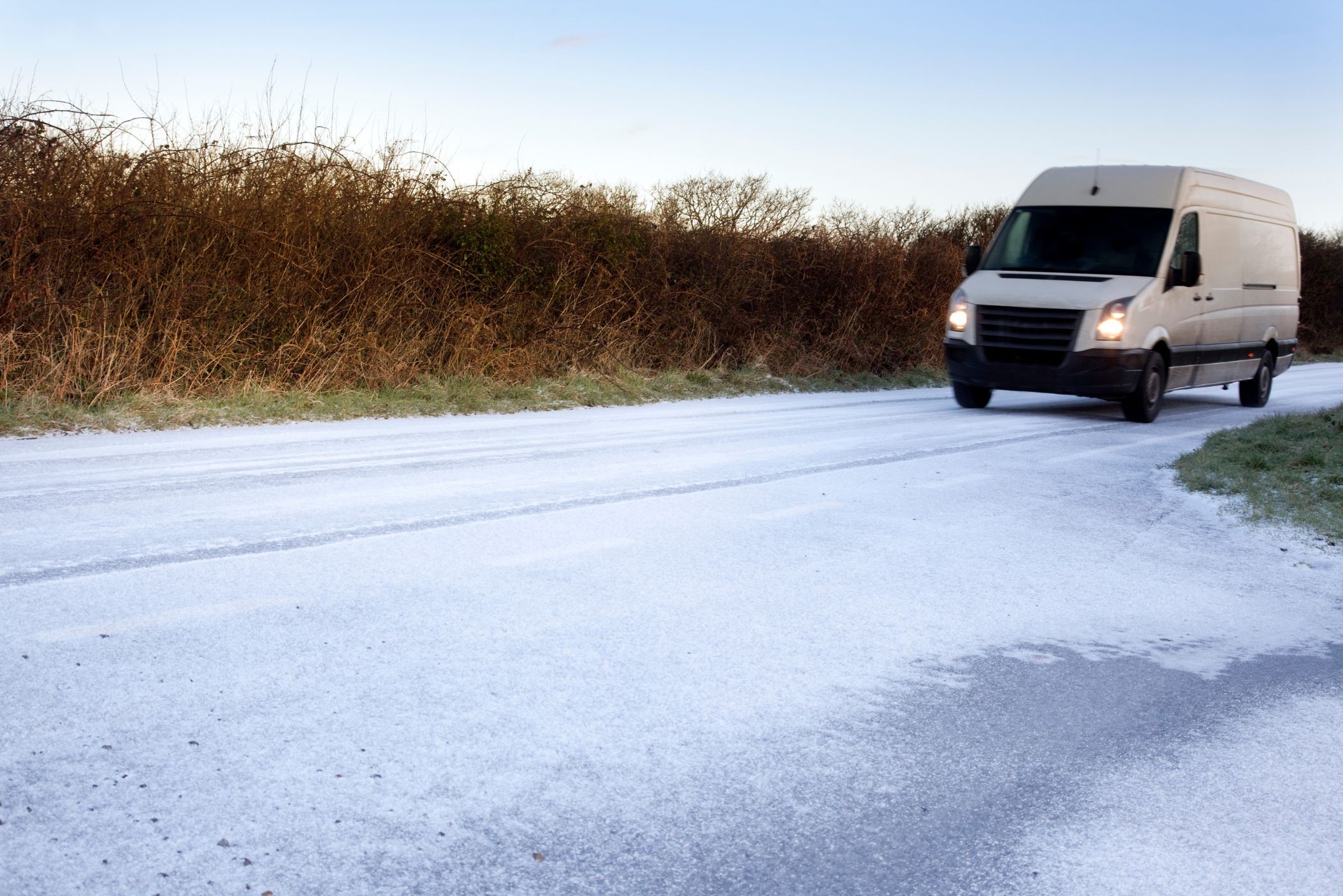
What About Mini Splits?
In recent years, mini splits have become more popular with van lifers, who have long struggled to find good AC systems for their vans. With their rise in popularity, we figured it was worth including them in this article.
What is a Mini Split?
A mini-split is an AC unit that can provide both heat and cooling from a single unit. It is reliable, eco-friendly, and energy-efficient, particularly in small spaces. Mini-splits are ductless heating systems, meaning they condition the air without ducts or pipes.
The name mini split refers to the unit’s split design. An interior unit delivers the heated or cooled air via a small air-handling vent, while the exterior unit, which can be mounted to the outside of your van, has a compressor, condenser coils, and a fan. Air is conditioned in the exterior unit and then sent to the interior unit for delivery.
While mini splits are gaining popularity as a campervan heating unit option among many RV enthusiasts, their cost is still quite high, and may be prohibitive for some. The Nomadic Cooling S1 9600 goes for double what either of the most costly options on our list go for. However, if you’re a van lifer looking to enjoy both hot and cold climates, a mini-split might be for you.
Finding Your Perfect Campervan Heater
Ultimately, your perfect campervan heater will depend on your budget, intended destinations, and the availability of either solar energy or fuel. No matter which type of campervan heater you decide on, always make sure to follow all manufacturer instructions or get a professional to install it to ensure your comfort and safety for years to come.
